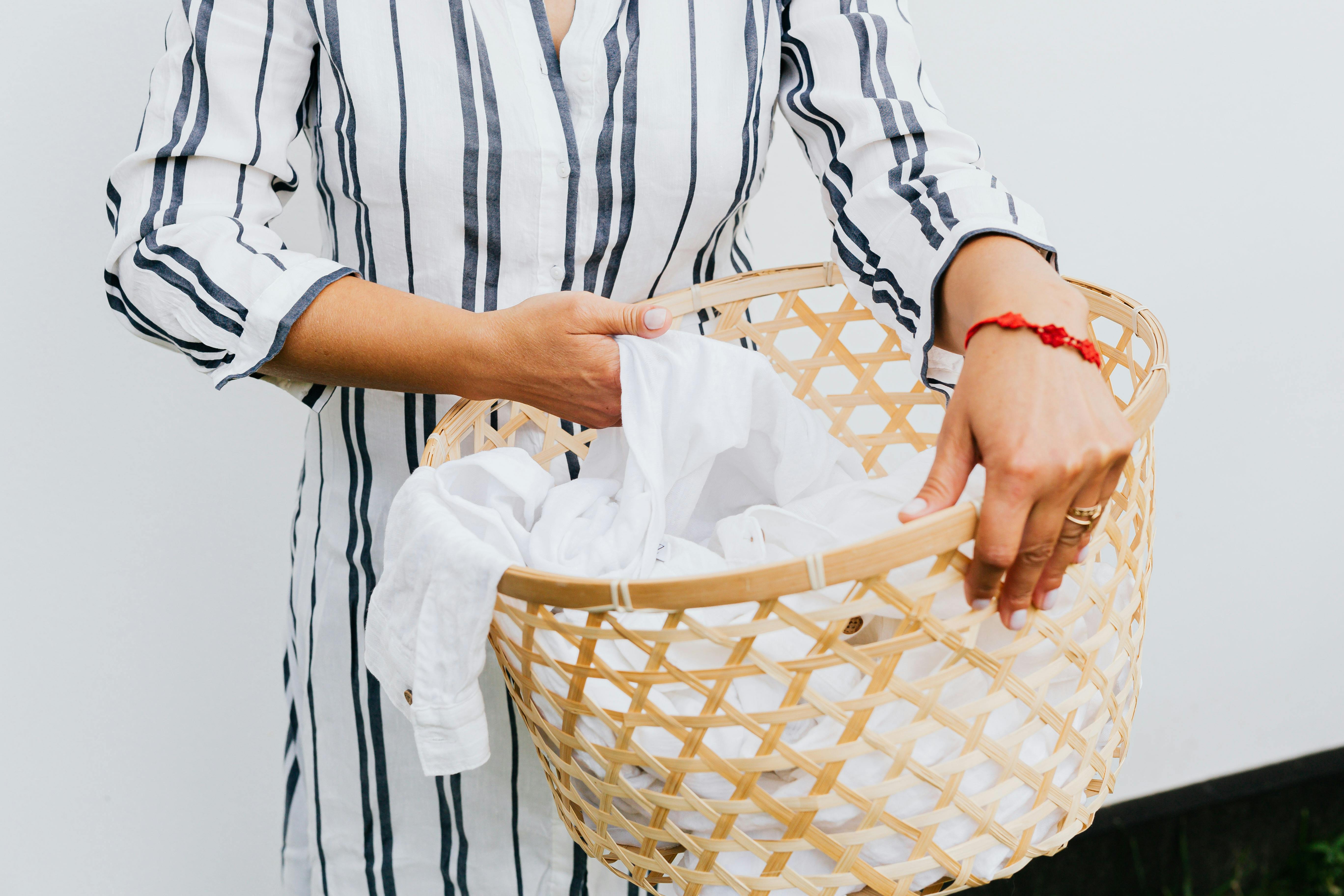When camping, traveling abroad, or even after a malfunction at your local water treatment plant, it is recommended that you boil your water before drinking it. How effective is boiling? Does it really make the water safe to drink? And how long does the water boil?
Why boil water??
The main reason boiling is recommended as a water treatment is because it can be done easily and because the heat destroys disease-causing organisms. Keeping the water at a high enough temperature for long enough will destroy pathogens. Organisms of interest are cysts such as cryptosporidia and giardia, and bacteria such as E. colityphoid fever, etc. Although boiling does not remove them from the water, it kills them and therefore they will not cause any disease.
How long should water be boiled?
There are many suggested times: 1 minute, 3 minutes, 5 minutes, 10 minutes, etc. Some proponents even suggest adding a minute to the boiling time for every 1,000 feet of altitude. So which of these tenses is correct? After all, the amount of time the water needs to boil determines the amount of fuel needed (to boil 1 liter of water you need about a kilogram of firewood). Turns out none of them. You don’t even need to boil it for a minute, you just need to bring it to the boiling point. Let’s consider why.
According to the Wilderness Medical Society, water temperatures above 160°F (70°C) kill all pathogens within 30 minutes and above 185°F (85°C) within a few minutes. Therefore, the higher the temperature, the less time it takes to kill microorganisms. Bringing water to the boiling point raises it well above the 85°C mark. Not only that, but the water should then be allowed to cool (unless you’re making a cup). Therefore, the total time that the water spends above 85°C is significant and sufficient to kill pathogens.
If it is enough to bring the water to 85 ° C for a few minutes, why do they tell you to boil it? Basically because it is a foolproof way to guarantee that the water will be at the right temperature. Most people don’t carry thermometers with them when camping, so it would be difficult to determine when the correct temperature was reached; once it boils, you know what temperature it is within a couple of degrees.
How effective is boiling water?
Boiling water is an effective method of destroying bacteria and other pathogens. If the water is cloudy, filter it through a clean cloth or coffee filter to remove particles before boiling, as this will improve its appearance.
Boiling will not provide any protection against other things, such as heavy metals, pesticides, herbicides, pharmaceuticals, etc., that can contaminate the water supply. You can remove chemicals that have a lower boiling point than water, but what about the others? Nor does it eliminate turbidity, bad flavors and odours.
In short, boiling water does not purify water. It is certainly effective at killing target pathogens, but it will not be effective against other contaminants; you really need a decent water purifier for that. However, drinking boiled water is certainly better than dehydration.



